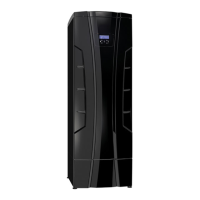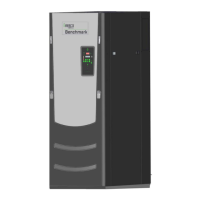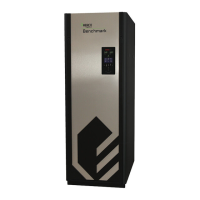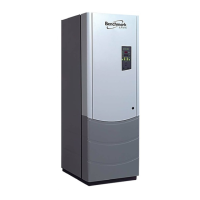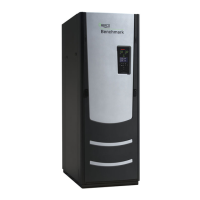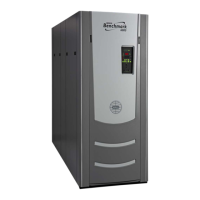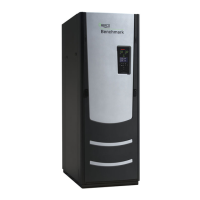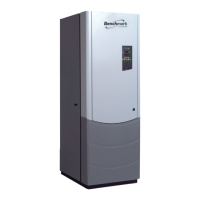Page 6 of 30 AERCO International, Inc. • 100 Oritani Dr. • Blauvelt, New York 10913 • Phone: 800-526-0288 PR1 04/08/2014
Application Guide
2. BOILER QUALITY AND MAINTENANCE
2.1. BOILER WATER CHEMISTRY
Scale and Corrosion 2.1.1.
Free oxygen can cause the formation of rust (iron oxides), which degrade metallic materials.
Magnetite is formed in un-inhibited water if there is electrolytic action in the presence of oxygen.
Sludge is formed when calcium compounds, primarily CaCO3, are heated. Rust and magnetite, when
combined with sludge, can form a very hard scale, which significantly reduces system efficiency and
life expectancy of the heating system. Scale reduces heat exchange due to its low heat conductivity
and so may cause very dangerous localized overheating. Waterside corrosion of all heating circuit
surfaces is also a major concern.
Make-up or Feed Water Quality 2.1.2.
Make-up or feed water is water added to a closed hydronic system to replenish water lost through
evaporation, maintenance, or leakage. The quality of make-up or feed water, which may contain
dissolved oxygen, minerals and other dissolved contaminants, is extremely important. Such
introduced water must be chemically treated or strictly limited when ensuring neutral chemical
conditions in boiler system water. Generally, any closed hydronic heating system should be restricted
from receiving untreated makeup water of no more than 5% of the total volume of system water per
year.
Treating Water to Prevent Freezing 2.1.3.
When using anti-freeze solutions, their compatibility with the AM Series 316 (Ti) heat exchanger and
other components of the heating system must be determined prior to use. If a glycol solution is used
as anti-freeze protection, a backflow preventer must be installed upstream of the fill/makeup valve.
Only virgin glycol should be used for systems requiring freeze protection, and it must be treated with
an inhibitor compatible with the particular chemical treatment being used in the system. Note that
glycol must be changed from time to time due to its limited useful life.
Use only inhibited propylene glycol solutions, formulated for hydronic systems. Ethylene glycol is toxic
and can attack gaskets and seals used in hydronic systems.
Water Treatment Certification 2.1.4.
When using chemical treatments in hydronic systems, it is necessary to ensure that the chosen
treatment is appropriate and certified by the manufacturer for such environments. The manufacturer
should also guarantee that the treatment, when applied according to the manufacturer’s
recommendations, will not cause harm to the boiler, pumps, piping, and other components of the
hydronic boiler system.
2.2. TESTING AND MAINTENANCE OF WATER QUALITY
Water in the installation should be checked, monitored, and treated for the following conditions and
characteristics:
• Hardness – High hardness of the available water is measured in grains of hardness and
indicates the quantity of minerals (mostly calcium and magnesium) which are dissolved in the
water. Hardness substantially contributes to the formation of scaling, which is highly undesirable.
The total hardness must be less than 350 ppm total dissolved solids (TDS).
• Artificial Softness – Do NOT use artificially softened water. Artificial softening agents generally
use salt, which creates a chloride water chemistry, a major contributor to the corrosion of the
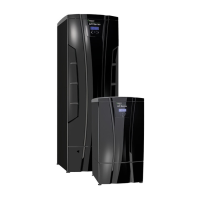
